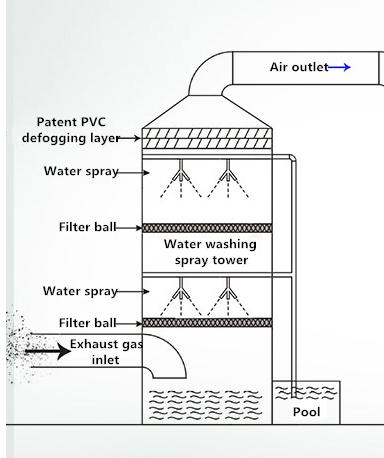winding and torsion tester company
Understanding Winding and Torsion Testers A Critical Tool for Quality Assurance
In the manufacturing and engineering sectors, the integrity of materials and components is paramount. Companies involved in the production of electrical coils, wires, cables, and various mechanical components often face the challenge of ensuring that their products meet rigorous standards of quality and performance. One of the tools that have become indispensable in this regard is the winding and torsion tester. This article explores the significance of these testers, their applications, and the companies that specialize in manufacturing them.
What is a Winding and Torsion Tester?
A winding and torsion tester is an advanced piece of equipment designed to measure the mechanical properties of materials, primarily focusing on their ability to withstand twisting and winding forces. These testers evaluate the performance of various materials under different stress conditions, providing critical data that informs quality assurance processes. By simulating real-world use, these devices help in determining how materials behave under torsional loads, which is essential for ensuring durability and reliability.
Applications of Winding and Torsion Testers
The applications of winding and torsion testers span a wide range of industries. In the electrical sector, these testers are crucial in assessing the performance of cables and wires, ensuring they can handle the required load without failing. In the automotive industry, manufacturers use these testers to evaluate the durability of components such as springs and shafts that undergo constant twisting and turning.
Moreover, in the field of manufacturing, winding and torsion testers help in assessing the quality of layered materials, such as composites, which are becoming increasingly prevalent in various applications due to their favorable strength-to-weight ratio. By using these testers, manufacturers can ensure that their products are not only compliant with industry standards but also safe for end-users.
Quality Assurance and Compliance
Quality assurance is a critical aspect of product development in any industry. With increasing regulatory demands and customer expectations, companies cannot afford to overlook the importance of material testing. Winding and torsion testers play a significant role in this process by providing accurate, reliable data that can be used to verify compliance with industry standards and specifications.
winding and torsion tester company

Suppliers of winding and torsion testers often provide comprehensive services, including equipment calibration, maintenance, and training. This support is vital, as it ensures that companies can maximize their investment in testing equipment and maintain high levels of product quality.
Leading Companies in the Industry
Several companies have established themselves as leaders in the field of winding and torsion testing equipment. These organizations often combine innovative engineering with cutting-edge technology to develop state-of-the-art testing solutions. Some notable companies in this sphere include
1. Lloyd Instruments Known for its broad range of material testing equipment, Lloyd Instruments offers specialized winding and torsion testers that cater to various industrial applications.
2. ZwickRoell As a leading provider of testing machines, ZwickRoell specializes in high-precision winding and torsion testers that provide in-depth analysis and data collection.
3. Instron With a strong reputation for innovation, Instron produces a range of mechanical testing solutions, including winding and torsion testers designed for stringent quality assurance processes.
These companies emphasize the importance of research and development, continually seeking advancements in technology to enhance the capabilities of their testers.
Conclusion
Winding and torsion testers are critical instruments that play a vital role in ensuring the quality and reliability of products across various industries. As manufacturers strive to meet increasing demands for safety and performance, the significance of these testing devices cannot be overstated. With advancements in technology and a growing emphasis on quality assurance, winding and torsion testers will continue to be an essential part of the manufacturing landscape, facilitating innovation and ensuring that only the best products reach the market.
-
Why the Conductor Resistance Constant Temperature Measurement Machine Redefines Precision
NewsJun.20,2025
-
Reliable Testing Starts Here: Why the High Insulation Resistance Measuring Instrument Is a Must-Have
NewsJun.20,2025
-
Flexible Cable Flexing Test Equipment: The Precision Standard for Cable Durability and Performance Testing
NewsJun.20,2025
-
Digital Measurement Projector: Precision Visualization for Modern Manufacturing
NewsJun.20,2025
-
Computer Control Electronic Tensile Tester: Precision and Power for the Modern Metal Industry
NewsJun.20,2025
-
Cable Spark Tester: Your Ultimate Insulation Assurance for Wire and Cable Testing
NewsJun.20,2025
 Copyright © 2025 Hebei Fangyuan Instrument & Equipment Co.,Ltd. All Rights Reserved. Sitemap | Privacy Policy
Copyright © 2025 Hebei Fangyuan Instrument & Equipment Co.,Ltd. All Rights Reserved. Sitemap | Privacy Policy
